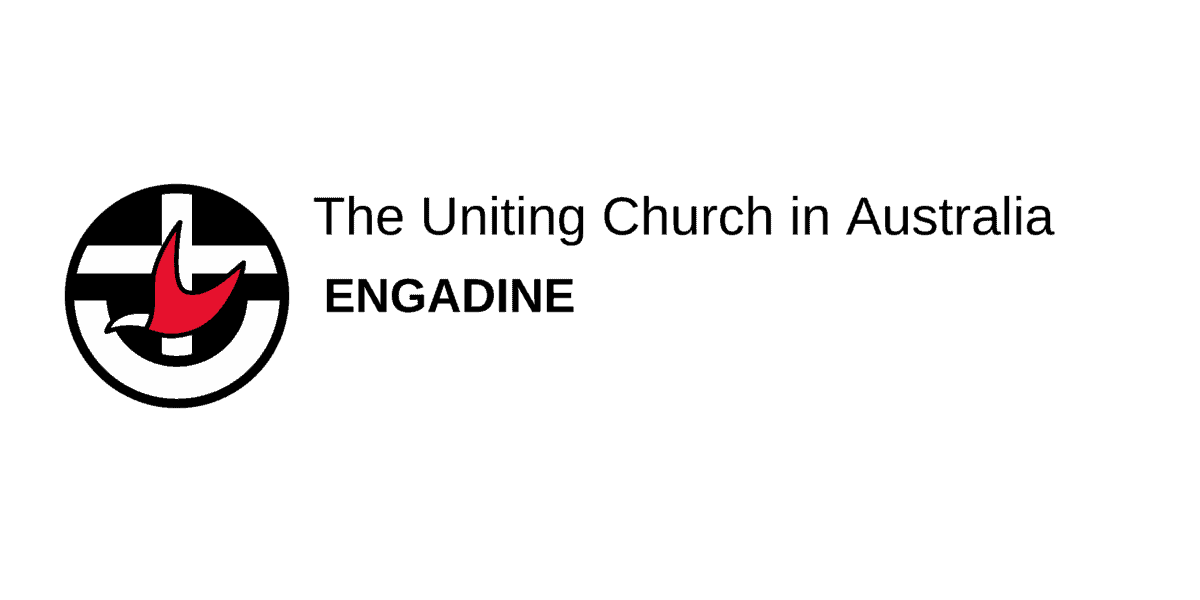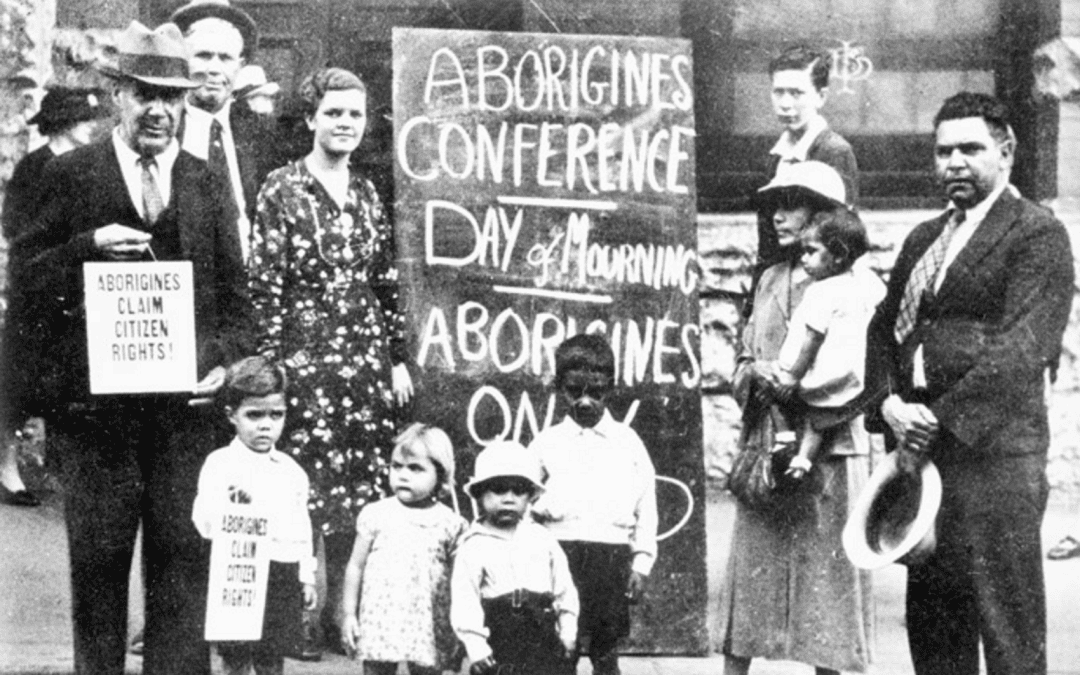(Image used as part of the article “6 ways to stand in solidarity with Indigenous Australians this Survival Day”, on the Edmund Rice Centre website here)
As we approach 26 January 2023, I can’t help think that the date this year holds special significance. Not so much that it marks a significant milestone for First Peoples in Australia since colonisation, nor in the anniversaries of marking “Australia Day” as a day of sad reflection since the first occasion in 1938, but more in the way that this year our nation has an opportunity to begin to right the wrongs of the past 245 years, and that all of us need now to add action to our collective grief and distress about this shameful aspect of our history.
There is good reason to feel both optimistic and anxious about the referendum which will be held at some point in the year, where Australians will be asked to vote on providing a Voice to Parliament. The seeds of disinformation are being sown by its opponents, claiming that too little is known about what is being proposed and its impact to enable there to be an informed people’s vote. But in fact we know a lot about this initiative, and there is an enormous amount of information available to anyone who genuinely wants to know what this is all about. See, for example, the work that Dean Parkin has done on the From the Heart website, the Uluru Statement from the Heart itself, and the support of Reconciliation Australia. And, at the end of the day it is an opportunity that is provided to the Australian people to take a significant step to right the wrongs of the past and to set in motion a positive future where outcomes for our First Peoples will be much more determined by their own decisions and actions.
January 26th this year feels different because it is no longer enough to signal dismay at the continued disadvantage experienced by the original inhabitants of this continent and to register support for a pathway to reconciliation. We have to begin to act, to do something to make the Voice a reality and work in whatever we can to identify what “reconciliation” actually means in practice within our community, and begin to make it happen.
Many groups, including the congregation at Engadine Uniting Church, have spent the past two years increasing their awareness and understanding of the extent of the dispossession of Australia’s First Peoples during the first periods of colonisation: the violence that was institutionalised and used to systematically eradicate peoples from their traditional lands – and the policies that tore families and communities apart and situated them where they could not thrive or hope to benefit from the bounty that has been the legacy for so many non-indigenous Australians. Books such as Henry Reynold’s Truth-Telling exposes the lies surrounding the British claim of “terra nullius” which has been used as a legal justification for dispossession and genocide. Bruce Pascoe’s Dark Emu has presented evidence of the complex way in which land in Australia was managed for thousands of years by its First Peoples, nurturing and sustaining it in a manner that modern agriculturists are now taking note of. And the confronting series on SBS, Rachel Perkin’s First Australians, set out in graphic detail the violent takeover of the country by colonialists sometimes sanctioned by the authorities but often in defiance of orders from the UK and contrary to accepted international law and protocol, even backthen.
It is hard to be made aware of our history through these and other sources without feeling a sense of outrage, and, importantly, harbouring a desire to finally take part in an endeavour that can begin to actually redress the harms done and understand reconciliation as a tangible goal that will impact positively on real people in real ways. January 26th gives us an opportunity to prepare ourselves for taking a truly decisive next step toward reconciliation later in the year, when we exercise our right to vote in the Voice referendum. Let’s seize that opportunity, show courage and leadership, and demonstrate that we truly do walk alongside First Peoples in their struggle for justice.
Michael Bleasdale, Community Engagement Officer
Local events: You are warmly invited to join us on Sunday morning 22nd January at 9am for a Day of Mourning service (details here). In the Sutherland Shire, where our congregation lives, there will be a Council-supported sunset ceremony performed against the stirring backdrop of the Woronora River, provides a solemn and respectful way to engage with the profound significance of this day for Aboriginal and Torres Strait Islander people. Local elder Dean Kelly invites people to “Give yourself the opportunity to join us in this important conversation about who we are as people in this country.” Details here.


Recent Comments